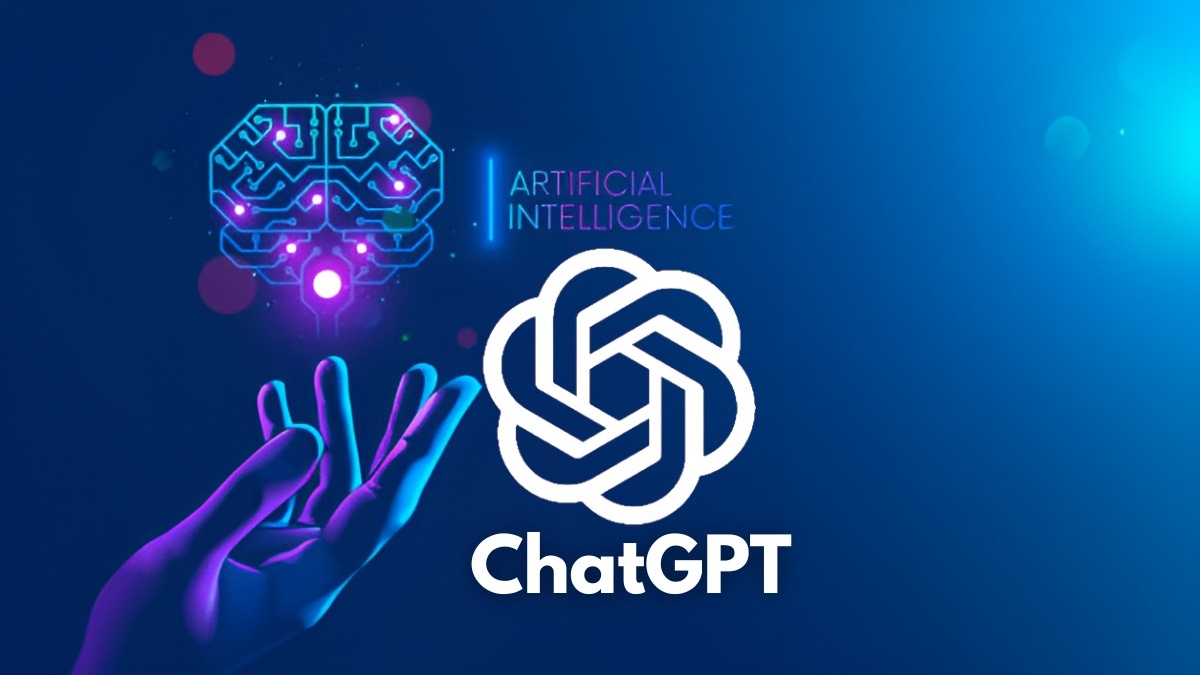Trending
Opinion: How will Project 2025 impact game developers?
The Heritage Foundation's manifesto for the possible next administration could do great harm to many, including large portions of the game development community.
In the same way art-focused AI programs need a prompt, ChatGPT made its first game by using existing games as a foundation.

OpenAI's ChatGPT bot has crossed over into game development. A new report from Digital Trends details how the popular conversation and script generator was used to create a playable PC game.
That title, a puzzle game called Sumplete, was born from ChatGPT user Daniel Tait. He asked the ChatGPT bot for a game in the vein of Sudoku, and eventually asked it to make its own game entirely.
Up until this point, ChatGPT has mainly been used to generate fake, often humorous conversations with real-life figures, alive or dead. But similar tools like Mindjourney and DALL-E make images based on prompts, so it only stands to reason that ChatGPT would be able to do the same thing for games.
Digital Trends' reporting goes into how the bot created Sumplete using HTML and Java quickly, including the creation of its own name. That process took several attempts, one of which was a simple iteration on Sudoku.
Sumplete was made from the bones of Sudoku and another newspaper game called Kakuro, but its main inspiration is an Android game called Summer from mobile developer RP Apps and Games. It's been out since 2020, and features several of the same features as Sumplete, even its ruleset.
For Tait, learning that his game copied an already existing title was less of a concern than ChatGPT's response to his prompt. To him, the bot "should be trained to be less confident...or unable to answer at all" should users make a similar ask as he did.
"I would have much preferred an answer that this game was inspired by Summer or Rullo," he continued. "I also think ChatGPT should add some sort of explanation as to how it has generated a response including data sources that helped train that particular answer.”
Concerns about AI and plagiarism have been widespread in creative fields such as art and voice acting in recent years. ChatGPT's ability to create games raises some questions going forward about AI and game development in a way the makers of these bots may not yet be able to fully answer.
But at this stage of its existence, it's equally as likely that ChatGPT will just generate a copy of a game it already made. Digital Trends asked it to code "a game called Sumplete," at which point it generated code that was an exact replica of Tait's game.
Sumplete was never described beyond its name, according to Digital Trends, and the bot admitted it was working off patterns of existing games. Meaning ChatGPT plagiarized itself in a matter of seconds.
For the full report from Digital Trends, including another game created by ChatGPT and further insight into Sumplete, you can read it here.
You May Also Like